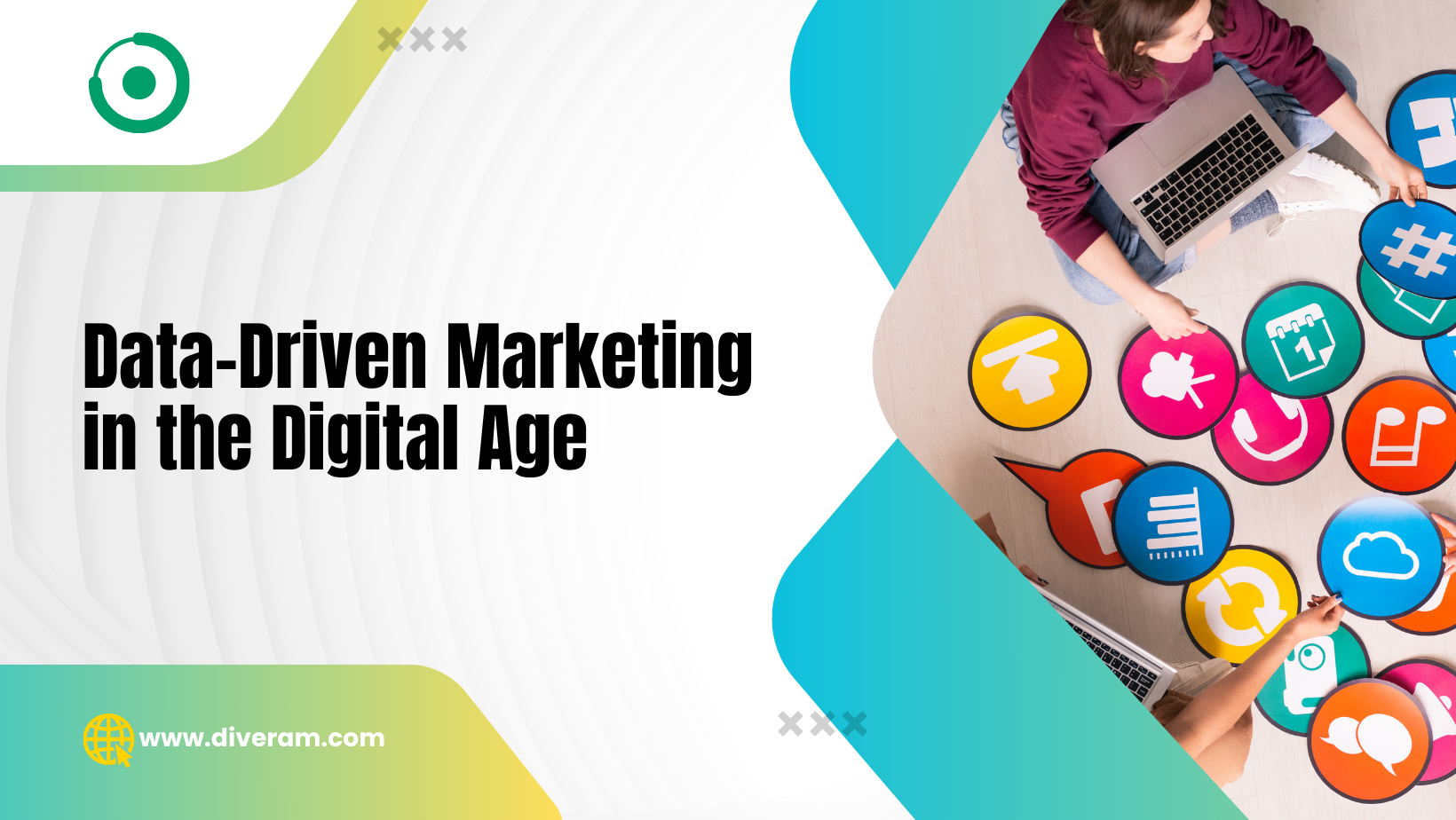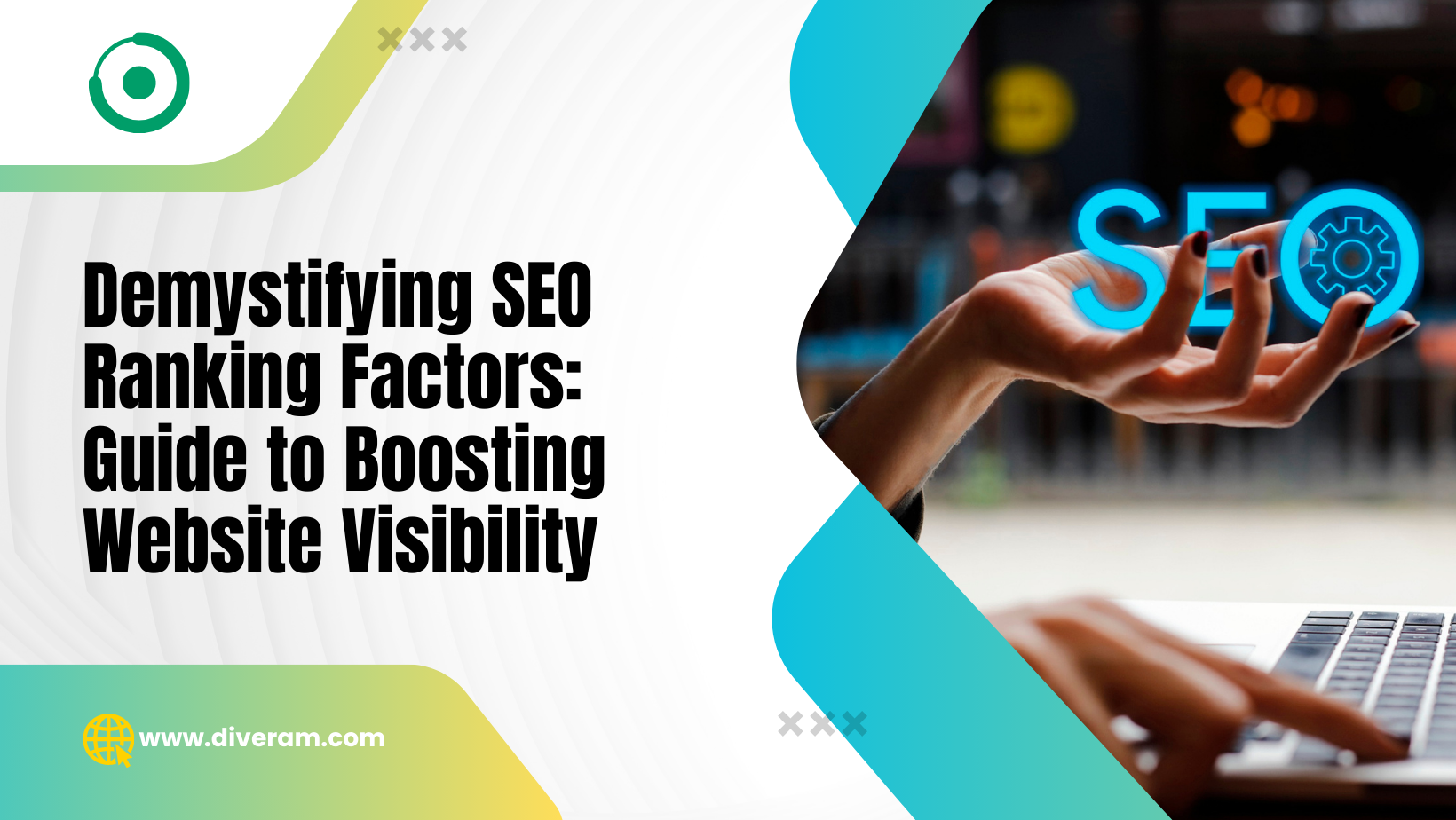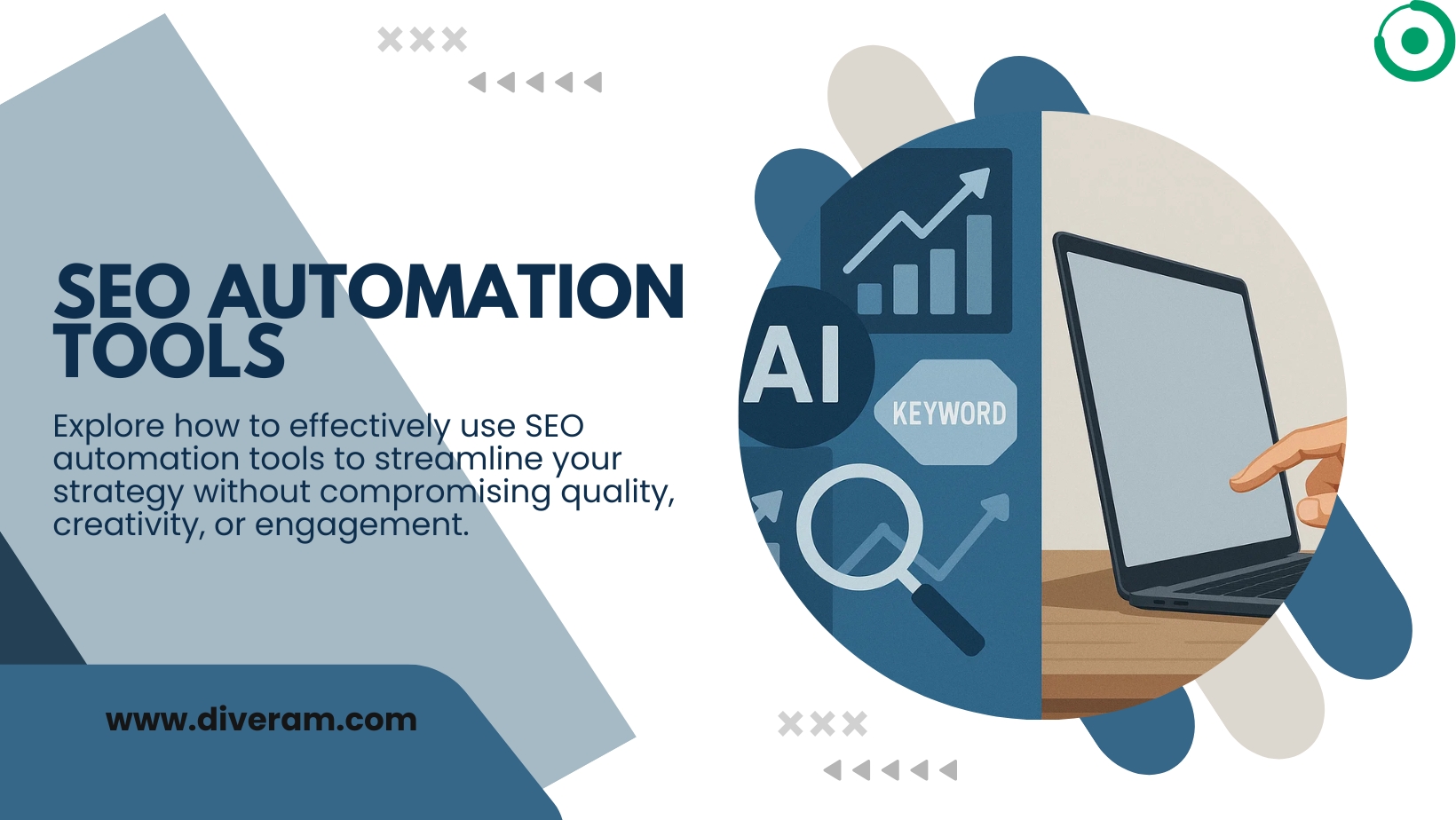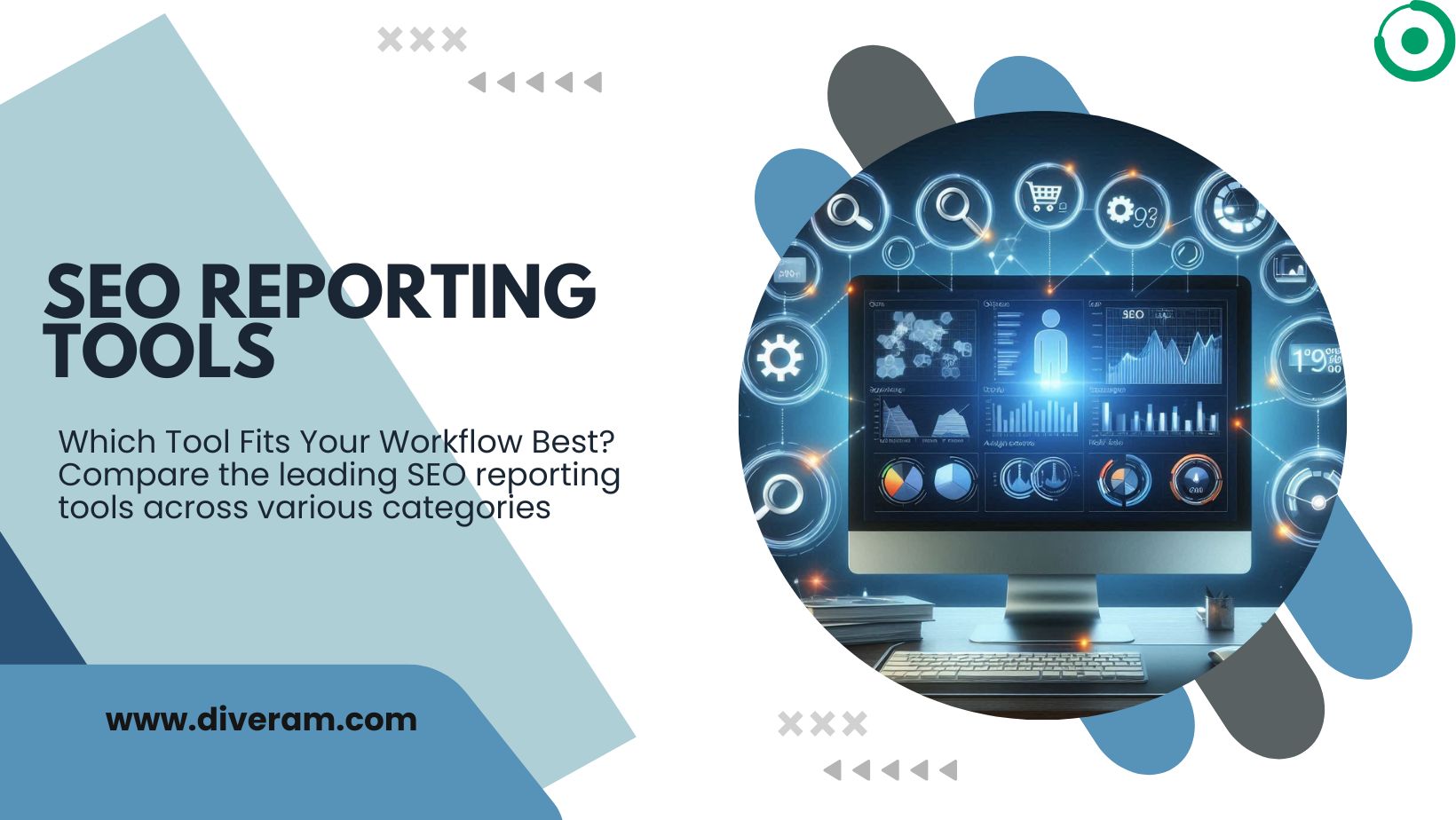Data-Driven Marketing in the Digital Age

Introduction
In today’s digital age, data-driven marketing has become a vital component of successful marketing strategies. By harnessing the power of data, businesses can make informed decisions, optimise their campaigns, and deliver personalised experiences to their target audience. In this blog post, we will explore the concept of data-driven marketing, its benefits, and how businesses can effectively utilise data to drive their marketing efforts.
Understanding Data-Driven Marketing
Data-driven marketing is an approach that relies on the collection, analysis, and utilisation of data to guide marketing decisions. By leveraging data, businesses can gain valuable insights into consumer behaviour, preferences, and trends, enabling them to tailor their marketing efforts for maximum impact.
Benefits of Data-Driven Marketing
- Improved targeting and segmentation: Data-driven marketing allows businesses to segment their audience based on various factors such as demographics, psychographics, and behaviours. This enables targeted marketing campaigns that resonate with specific customer segments, resulting in higher engagement and conversion rates.
- Enhanced personalization: Personalization is a key driver of customer satisfaction and loyalty. With data-driven marketing, businesses can leverage customer data to deliver personalised experiences across various touchpoints. By understanding individual preferences, businesses can tailor content, offers, and recommendations, creating a more personalised and relevant customer experience.
- Optimised marketing campaigns: Data-driven marketing empowers businesses to optimise their marketing campaigns by measuring and analysing key metrics. Through tools like A/B testing, businesses can test different marketing elements and analyse the results to make data-backed decisions. This iterative approach helps refine campaigns, improve effectiveness, and increase return on investment (ROI).
Collecting and Analysing Data
To implement data-driven marketing, businesses need to collect and analyse relevant data. Here are some methods and techniques:
Data Collection Methods
- Website Analytics: Website analytics tools like Google Analytics provide valuable insights into website traffic, user behaviour, and engagement. By tracking metrics such as page views, bounce rates, and conversion rates, businesses can understand how visitors interact with their website and optimise user experiences accordingly.
- Social Media Monitoring: Social media platforms offer a wealth of data that businesses can tap into. By monitoring brand mentions, analysing engagement levels, and tracking sentiment, businesses can gauge customer sentiment, identify emerging trends, and optimise their social media marketing strategies.
- Customer Relationship Management (CRM) Systems: CRM systems capture and store customer data, interactions, and preferences. By integrating CRM data with other data sources, businesses can gain a holistic view of their customers, enabling targeted marketing campaigns and personalised experiences.
Data Analysis Techniques
- Descriptive Analytics: Descriptive analytics involves analysing historical data to understand past performance, identify trends, and gain insights into customer behaviour. By examining metrics like sales data, customer demographics, and website traffic patterns, businesses can make data-driven decisions based on past trends and performance.
- Predictive Analytics: Predictive analytics leverages statistical models and machine learning algorithms to forecast future trends and customer behaviour. By analysing historical data and identifying patterns, businesses can make predictions about future outcomes, enabling proactive marketing strategies.
- Prescriptive Analytics: Prescriptive analytics goes beyond predicting outcomes and recommends optimal marketing actions. By combining historical data, predictive analytics, and business rules, prescriptive analytics tools suggest the best course of action based on insights, empowering businesses to make informed decisions.
Utilising Data for Informed Marketing Decisions
To leverage data for informed marketing decisions, businesses can employ the following strategies:
Customer Segmentation
Segmentation is crucial for targeting the right audience with the right message. By analysing customer data, businesses can segment their audience based on demographics, behaviours, and preferences. This allows for tailored marketing messages, offers, and content that resonate with specific customer segments, leading to higher engagement and conversions.
Personalization
Personalization plays a significant role in enhancing the customer experience. By utilising customer data, businesses can deliver personalised experiences across various channels. Dynamic content and recommendation engines can be employed to deliver targeted messages, product recommendations, and personalised offers, fostering deeper customer connections.
Optimising Marketing Campaigns
- A/B Testing: A/B testing involves testing different versions of marketing elements, such as email subject lines, landing pages, or call-to-action buttons. By comparing the performance of different versions, businesses can make data-driven decisions about which elements resonate best with their audience, leading to more effective campaigns.
- Marketing Automation: Marketing automation tools enable businesses to automate repetitive marketing tasks and workflows. By leveraging data triggers, businesses can send personalised messages and nurture leads based on specific customer actions, improving efficiency and scalability.
Measuring Marketing Performance
To measure the success of marketing efforts, businesses can utilise the following:
- Key Performance Indicators (KPIs): Defining relevant KPIs helps businesses track and analyse the performance of marketing campaigns. Metrics such as conversion rates, customer acquisition cost, and customer lifetime value provide insights into the effectiveness of marketing initiatives.
- Return on Investment (ROI) Analysis: Evaluating marketing ROI allows businesses to determine the profitability and effectiveness of their marketing efforts. By calculating ROI using data-driven methods, businesses can allocate their marketing budgets more efficiently and optimise their strategies.
Conclusion
Data-driven marketing is a powerful approach that enables businesses to make informed decisions, optimise their campaigns, and deliver personalised experiences to their target audience. By collecting and analysing relevant data, businesses can gain valuable insights into customer behaviour, preferences, and trends. Implementing data-driven marketing strategies allows businesses to stay ahead in the digital age, drive better results, and foster long-term customer relationships. Embrace the power of data-driven marketing and unlock the full potential of your marketing efforts in today’s digital landscape.
In conclusion, data-driven marketing is crucial for businesses aiming to thrive in the digital age. By understanding the key concepts, benefits, and techniques involved in data-driven marketing, businesses can make informed decisions, optimise their campaigns, and deliver personalised experiences to their target audience. By leveraging data collection and analysis methods, implementing strategies such as customer segmentation and personalization, optimising marketing campaigns, and measuring performance, businesses can enhance their marketing effectiveness and achieve higher ROI. Embrace the power of data-driven marketing and position your business for success in the digital era.




